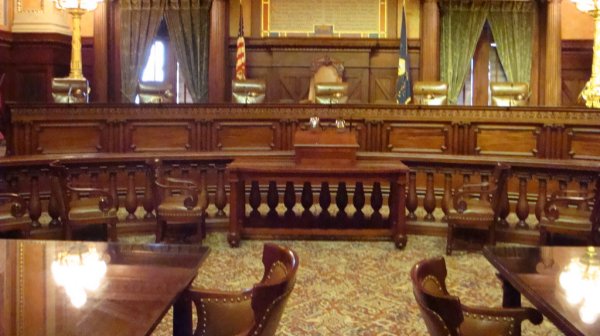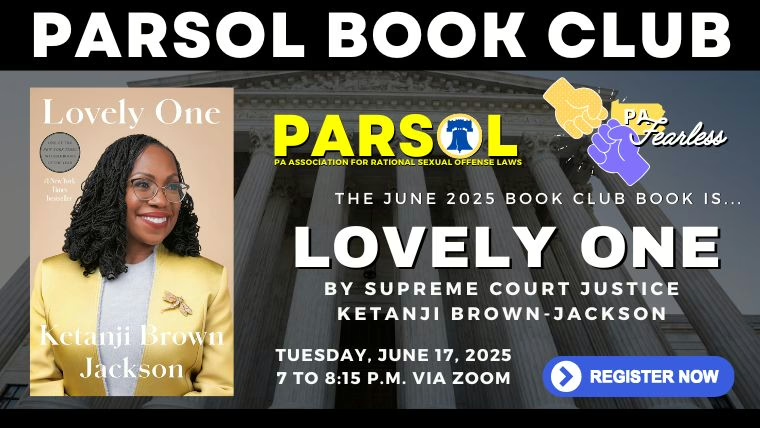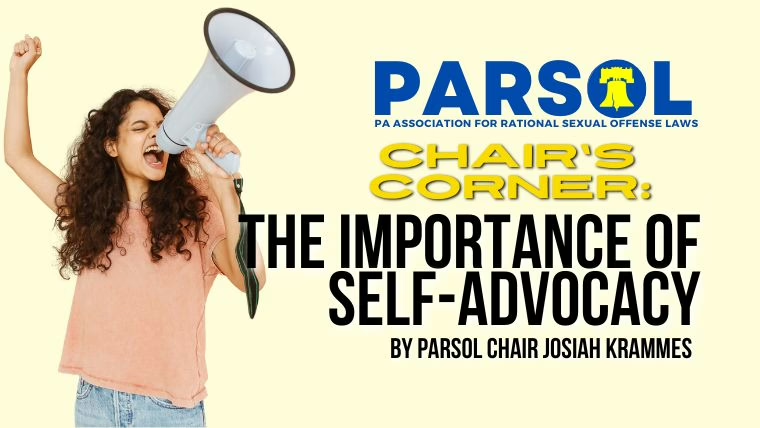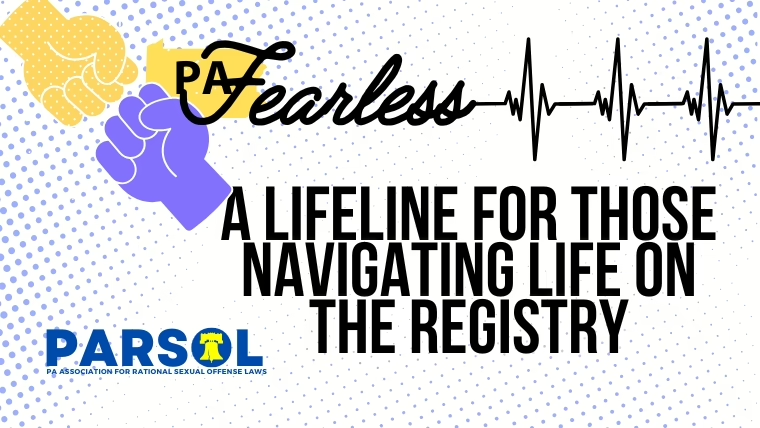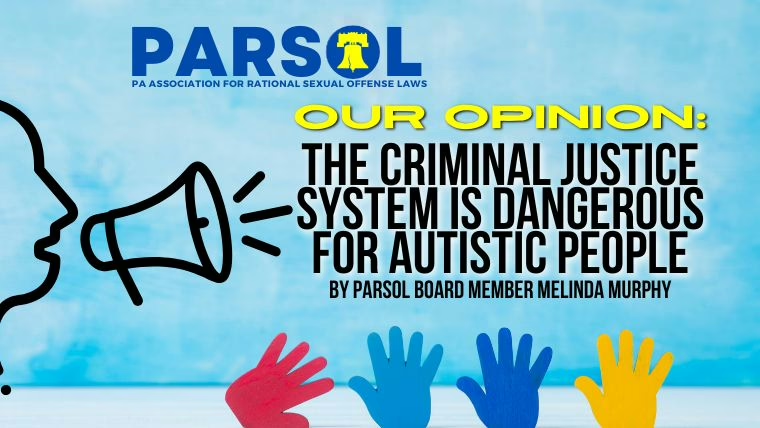The PA Supreme Court (SCOPA) filed their opinions on Com. v. George Torsilieri on June 16 regarding the constitutionality of PA’s Sex Offender Registration and Notification Act (SORNA) Revised Subchapter H. Mr. Torsilieri and his attorneys argued that SORNA is based on outdated legislative findings and presented current scientific evidence refuting the accuracy of those findings. The majority opinion was written by Justice Baer with Justices Todd, Dougherty, and Wecht joining in sending the case back to the Chester County Court of Common Pleas for a thorough evidentiary hearing. Justice Donohue dissented, affirming the trial court’s ruling that Subchapter H legislative findings present “an unconstitutional irrebuttable presumption that implicates the constitutional right to reputation.” Justice Mundy wrote a separate dissenting opinion, which Chief Justice Saylor joined, holding that the scientific evidence presented by Mr. Torsilieri did not demonstrate that all those on the sex offense registry are unlikely to reoffend. Further, Mundy and Saylor pronounced the evidence presented did not support rendering SORNA unconstitutional.
One of the legislative findings that is being challenged is that those who have been convicted of sexually offending “pose a high risk of committing additional sex offenses,” and “protection of the public from this type of offender is a paramount governmental interest.” In other words, recidivism rates are high, thus legislators are duty bound to protect the public from this population. Torsilieri primarily argued that Subchapter H violates PA’s Constitutional Right to Reputation Clause because of the presumption that EVERYONE who commits a sexual offense is at high risk of re-offending. Torsilieri’s argument demonstrated that the notion of high recidivism is in stark contrast to decades of empirical research that clearly demonstrates otherwise. Further, Torsilieri argued that SORNA’s reach is over-inclusive as it includes individuals who have committed non-sexual offenses (i.e., unlawful restraint, false imprisonment, interference with custody of children, and kidnapping). Torsilieri also questioned the effectiveness of the registry to reduce recidivism and increase public safety. To support these challenges, three affidavits from nationally respected experts were filed at the post-sentencing hearing.
The Commonwealth neglected to bring any counter expert testimony at the trial court level. Instead, they continued to rely on the previous legislative finding that all those convicted of sexual offenses pose a high risk of reoffending. In violation of the Courts rule of procedure at the SCOPA arguments, the Attorney General (AG) submitted a single study in the Commonwealth’s appellate brief, which called in to question the expert testimonies presented by Mr. Torsilieri’s attorneys. There are an overwhelming number of empirical studies that indicate sexual offense recidivism rates are lower than all crimes with the exception of murder.
Additionally, the Commonwealth and AG believe that the “courts are not the proper forum for scientists to debate controversies regarding sex offenders and are ill equipped to determine scientific truth,” and should automatically refer to the General Assembly’s findings where there is no scientific consensus. In other words, the Commonwealth and AG believe the courts have no place overruling the General Assembly’s interpretation of scientific findings. Citing Commonwealth v. Hale, Justice Baer countered that the Court does indeed have the power to overrule legislative findings when constitutional rights are in jeopardy. That is to say, if you are going to violate someone’s rights, then you better have a solid foundation for doing so. SCOPA is demanding to see current empirical evidence from the General Assembly.
Torsilieri presented persuasive evidence at the trial court. However, SCOPA believes the trial court could have maybe been persuaded to rule in favor of the Commonwealth had they presented their own evidence. The opinion challenges the Commonwealth to provide opposing science to that presented by Torsilieri and further challenges Mr. Torsilieri to provide additional convincing evidence.
The current legislative findings construct SORNA as a collateral consequence and therefore constitutional. Should SCOPA’s next opinion rule in favor of Mr. Torsilieri then the General Assembly’s argument that SORNA is constitutional based on the collateral consequence construct will fall. Essentially, the General Assembly will not be able to use these findings in the future, thus forcing them to acknowledge that SORNA is punitive and is in violation of numerous PA and U.S. Constitutional rights.
PARSOL sees this opinion and the upcoming trial court evidentiary hearing as an important battle ground for moving toward rational sex offense laws that will truly be safe and just for all. This is an opportunity to establish policy and law that is constitutionally sound and that actually promotes public safety and prevents sexual abuse.
